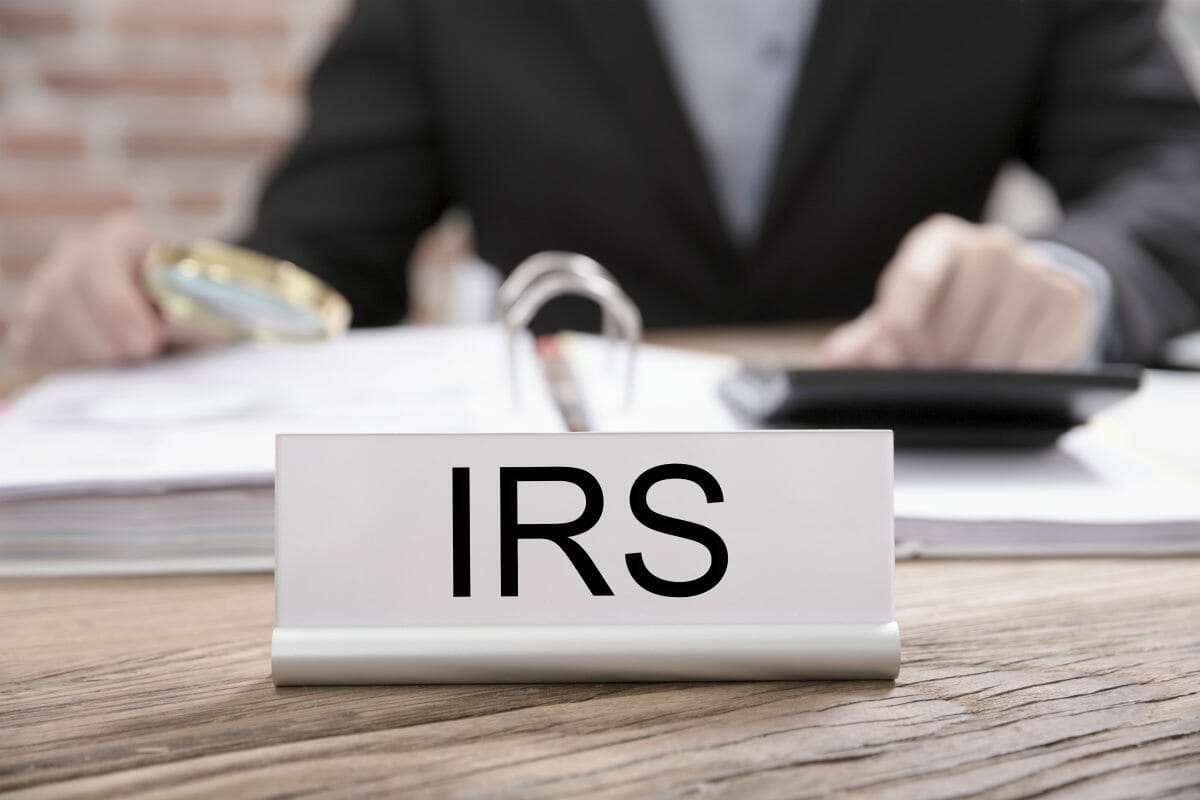Some delinquent taxpayers opt to have the ACS collections system take care of all their tax problems. What exactly is the ACS collection system and how can a taxpayer maximize its function?
RELATED: IRS Form 9465 [Can’t Pay Your Taxes All At Once? READ THIS]
In this article:
- What Is ACS (Automated Call Services)?
- Who Usually Gets Assigned to the ACS?
- Where Can a Taxpayer Find the ACS?
- When Is the ACS Beneficial to the Taxpayer?
- How Do I Talk to a Person at the IRS?
Frequently Asked Questions about the ACS Collections System and Processes
What Is ACS (Automated Call Services)?
When the IRS needs to collect delinquent tax debts, penalties and fees, and back taxes, they have to ensure that all parties know what is happening.
The IRS can do two things to ensure that tax collection proceeds on schedule.
The department can appoint tax revenue officers to personally oversee the case. On the other hand, the IRS can also feed their automated call services (ACS) contact information to reach out to taxpayers.
Since the lack of appropriate manpower can lead to bottlenecks in tax collection, most taxpayers have to deal with an automated system. This automated system is what we call the ACS.
For tax year 2013, ACS collected $5.4 billion.
Taxpayers should not worry about calling the ACS.
While the name implies it is an automated system, the taxpayer will actually talk to a trained troubleshooter.
The only difference between an assigned IRS revenue officer and the Automated Call Services relates more to convenience. A delinquent taxpayer usually gets in touch with another IRS agent each time he or she calls the ACS.
Now, some taxpayers may find talking to an automated system a bit troublesome. Sometimes, the taxpayer has to repeat the details of the case again when a new agent is transferred onto the call.
For these situations, the taxpayer may be better off receiving assistance from a tax professional.
Who Usually Gets Assigned to the ACS?

Generally speaking, taxpayers with more than $100,000 in tax debt get an assigned IRS revenue case officer to handle the account. With such a massive tax debt, the IRS may want to give the utmost attention to collect tax debts.
On the other hand, most delinquent taxpayers with less than $100,000 in tax debt go through the ACS.
What happens during the ACS screening process?
Basically, all delinquent taxpayers go through the automatic system. However, due to the large volume of late taxpayers, as well as the possibility of the taxpayer being delinquent for only a few months, the ACS does not always automatically assign delinquent taxpayers to the call logs.
For taxpayers, usually, but not always, the ACS applies if:
- The tax filing and payment is late by at least a few months;
- Tax debt is less than $100,000; and
- The taxpayer has received at least one notice of late tax filing or payment.
Do note that calling the ACS can include around 15 minutes of hold time. Taxpayers who may want to talk to someone right away should try to schedule an early call.
Also, the agent, who most likely did not handle your case before, may need to read and understand the details first. This need for extra time can prolong the call, which is another reason why a taxpayer should schedule properly.
RELATED: What To Do When You Can’t Make This Month’s IRS Installment Payment
Where Can a Taxpayer Find the ACS?
The ACS is not a computer, but a call center in the United States. That means taxpayers cannot get the exact location of the assigned agent, only roughly which office the IRA agent receives the call.
However, all calls receive monitoring and recording to protect both the IRS and the taxpayer. A taxpayer should take note of least these three things:
- Date and time of recording;
- Name of the IRS agent, as well as the location of the office; and
- A reference number for the call.
IMPORTANT: There are some scams wherein a caller will phone a residence pretending to be working for the IRS. The scammer will then try to get important financial information, like the Social Security Number, or instruct taxpayers to mail or wire money.
A taxpayer can do the following to avoid getting scammed:
- Do not give out important financial information.
- Ask confirmation questions. For example, you should ask what address is listed as well as the tax bracket and deductibles filed in the tax return to see if they do indeed have records.
- The IRS will never start the tax collection process with a phone call. The IRS will send out a formal notice or letter first, which is another clarifying question a taxpayer can ask.
- If a taxpayer did not receive any notice first, ask if they have sent any notices, and say that you cannot proceed with the call until you get the notice.
The ACS can provide taxpayers with the digital forms as well as secure links to settle their tax debts. For taxpayers, that means less need to give out credit card info over the phone, as the taxpayer can do the transaction in the security of their own home.
When Is the ACS Beneficial to the Taxpayer?
Due to its nature as an automated system, and the fact that a taxpayer usually gets a new agent each time he or she calls, most taxpayers see the ACS as an inefficient way to process tax concerns.
However, having a personally assigned revenue officer has its own demerits. Most taxpayers do not know how difficult it is to have an expert scrutinize the tax process.
- Some times, an IRS officer may find more causes for investigation. This finding can lead to an audit.
- Together with the audit is the chance of meriting some hefty tax audit penalties.
- Having an assigned revenue officer also means that a taxpayer is locked with the person. That can mean a specific schedule or venue that the taxpayer may have difficulties in complying with, sacrificing time and money to participate in the personalized tax process.
- An appeal may still be an option, but a more personalized IRS report may make the tax court or IRS department of appeals more hesitant, especially if the report does not have any glaring flaw.
How Do I Talk to a Person at the IRS?

Generally:
- For most individual taxpayers, the IRS number to use is 1-800-829-1040. For corporations and businesses, the number is 1-800-829-4933.
- You can leave an email to the IRS inbox at IRS Nav Gov page. If a taxpayer wants to have digital records of sending an email, they can try sending an email to [email protected] to have an inbox sent receipt.
- A tax office IRS locator can also help if the taxpayer wants to get a live person with knowledge of local laws.
Undergoing the ACS collection system may seem like a hassle, but it actually is not. As long as a taxpayer understands what the ACS system is and how it can serve them, he or she can use appropriate techniques to make the process more convenient.
Do you know anyone who has experienced the ACS collections system? What are your questions about the tax collection processes by the IRS? Share your thoughts in the comments section below.
If you owe back taxes, visit taxreliefcenter.org for more information on tax relief options.
Up Next:

